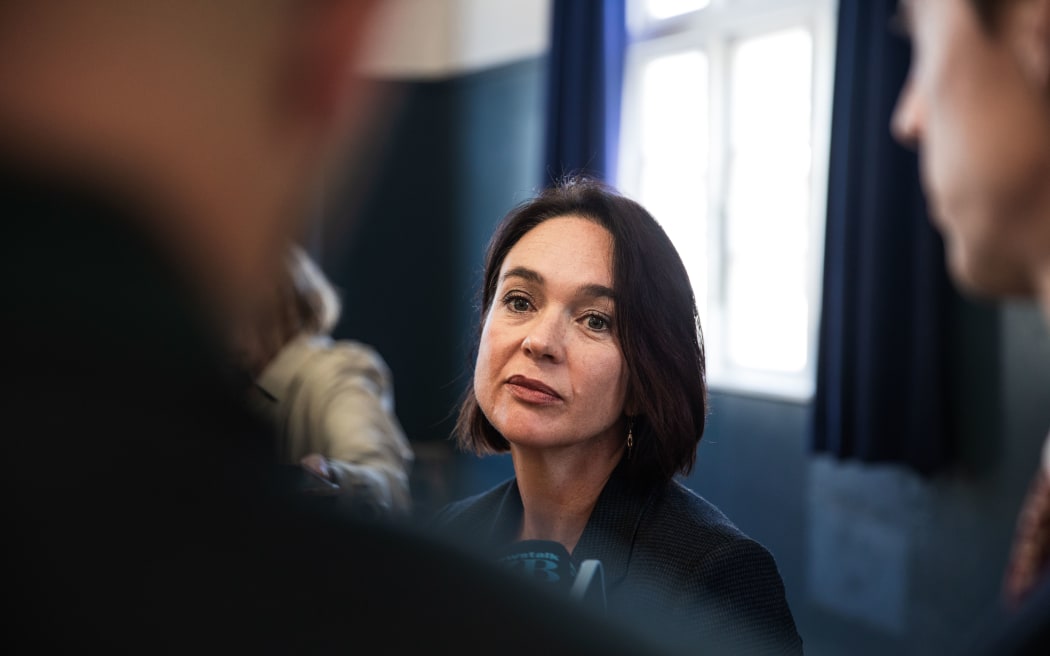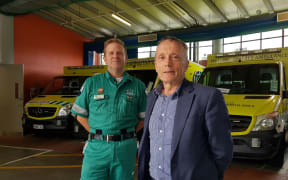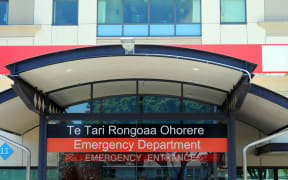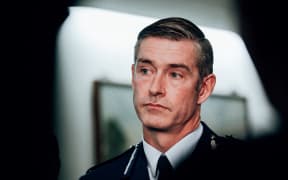The government has announced a nationwide rollout of better support for people in mental distress who call 111.
Existing programmes in six police districts which involve "police, mental health professionals and ambulance officers, and in some cases iwi," will be expanded over the next five years, Police Minister Ginny Andersen said on Tuesday.
A recent study found when 111 calls made by people in mental distress were handled by 'co-response' teams in a year-long Wellington trial, the caller was significantly less likely to end up in an emergency department, or require hospitalisation over the next month.
Health Minister Ayesha Verrall said police and health officials had been asked to report back to Cabinet in March 2024 with a plan to implement co-response teams nationwide, and what resources they would need.
"The plan we have asked for will set out how to transition from a police-led response to a multi-agency response to 111 calls for people in mental distress over the next five years.
"We want multi-agency responses in every police district and the plan will help ensure people who present in mental distress via 111 receive the support they need, from the right people at the right time."
People experiencing mental distress made up about 10 percent of all 111 calls, Andersen said - and that was rising, impacting on police's ability to deal with crime.
In November 2021, figures showed police were simply too busy to respond to many mental health-related callouts, including suicide attempts.
Also in November 2021 Police Commissioner Andrew Coster said police had attended more than 70,000 mental health crisis events in the previous year, up 10 percent on the year prior.
"While police will always have a role in responding to emergency calls when there is a threat to life or public safety, we know that a police-led response is not always fit for purpose for people experiencing mental distress," Andersen said.

Ginny Andersen Photo: RNZ / Samuel Rillstone
"A combined response involving police, health and other social agencies will better support people presenting with mental distress via 111, along with easing demand on frontline police."
In addition to the co-response teams, Verrall said the government planned to improve triaging in Emergency Communication Centres, up the use of telehealth and digital counselling "and develop multi-agency crisis hubs as alternatives to relieve pressure on emergency departments".
"We will also explore how we can provide greater mental health-related training to existing workforces.
"This will complement the wider work underway across government to improve mental health and wellbeing in our communities. This work is expected to have a positive impact on mental distress and free up police resources."





